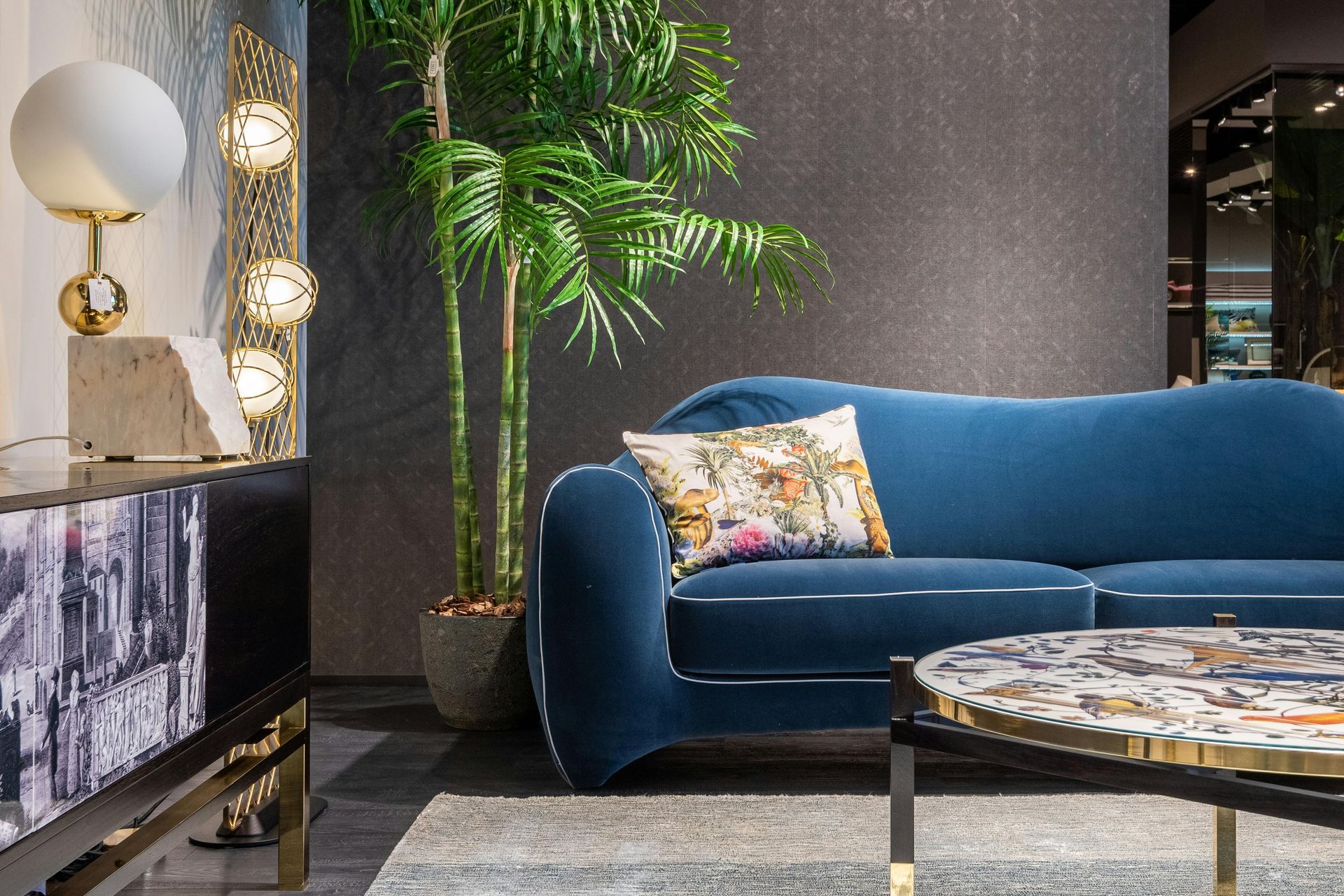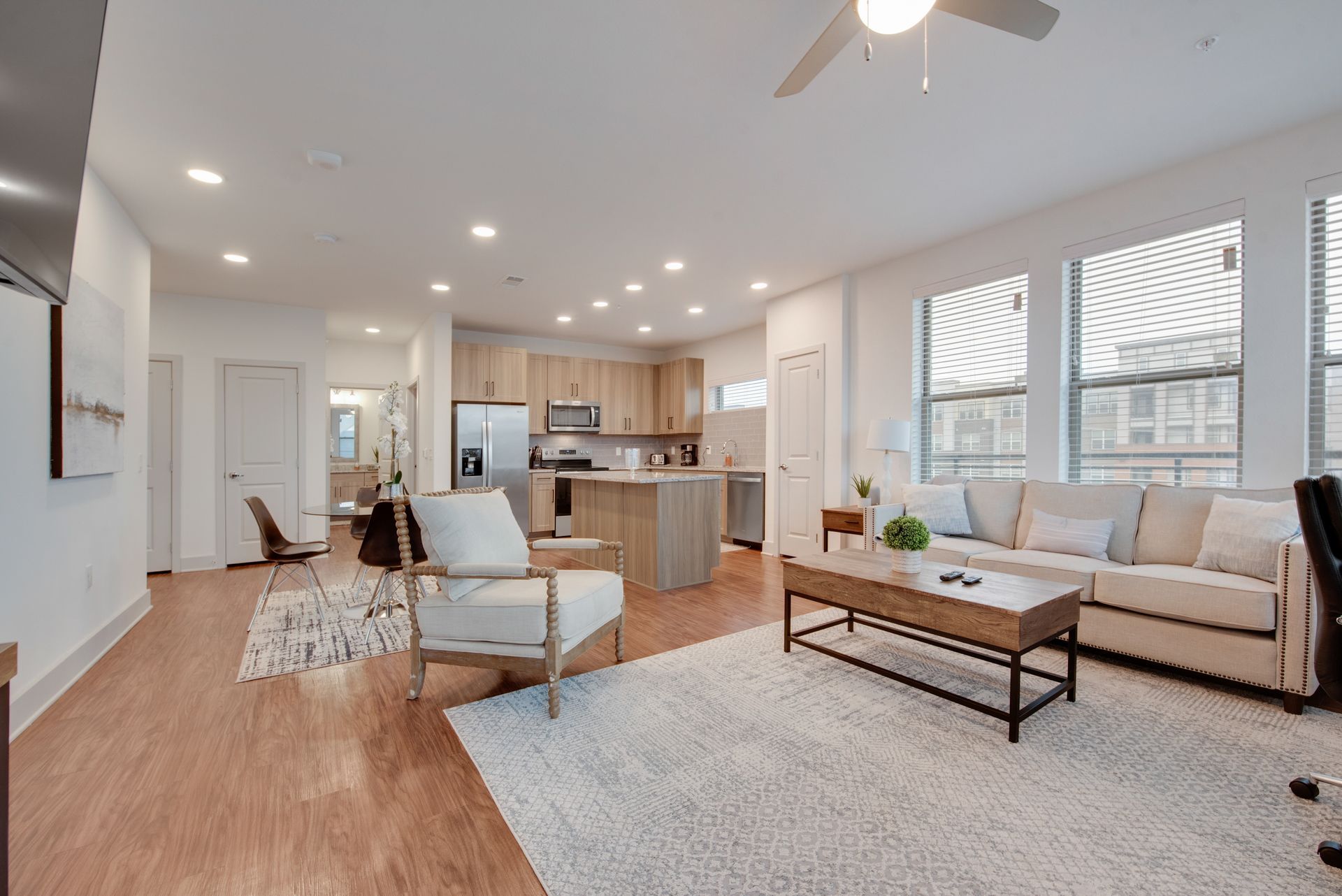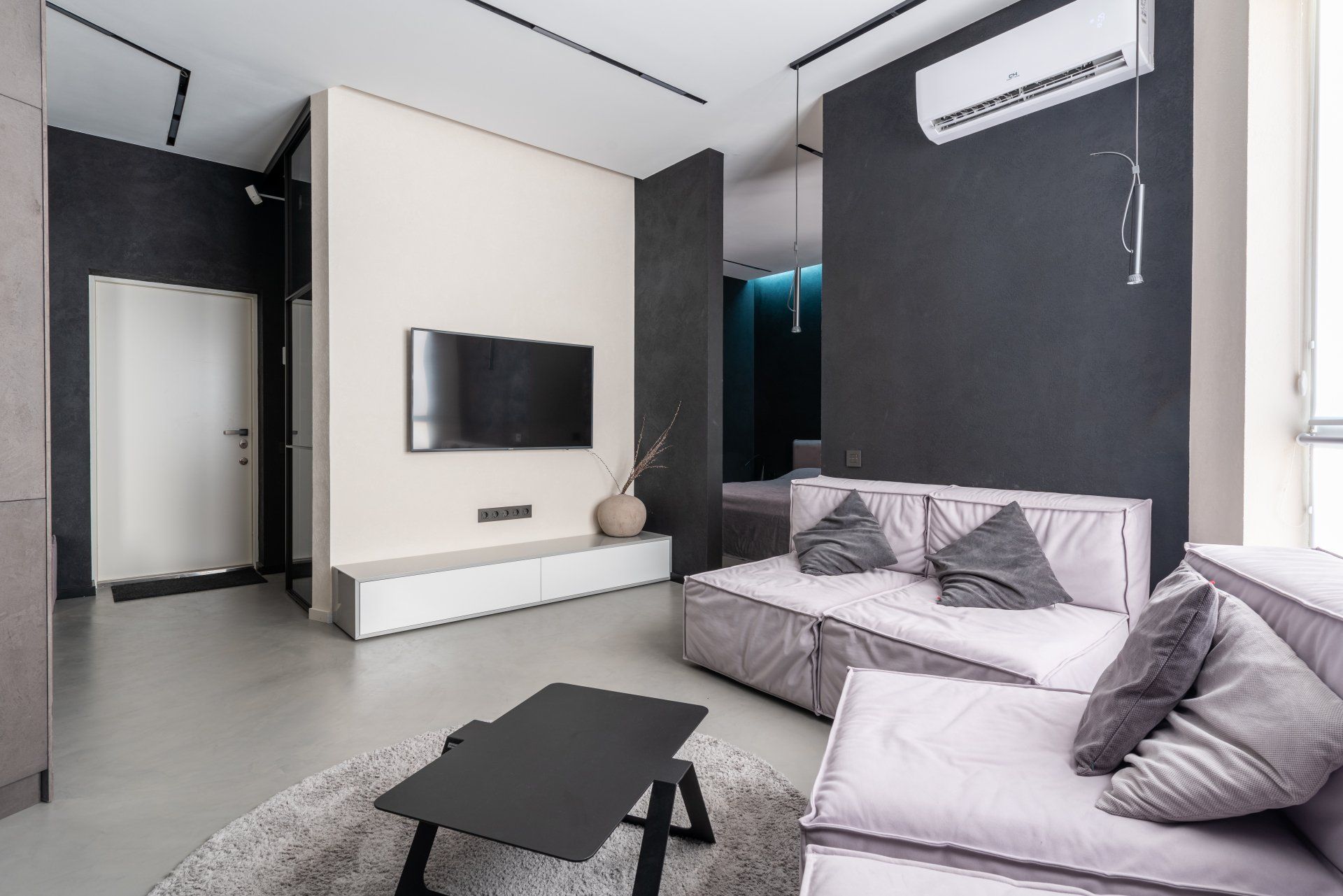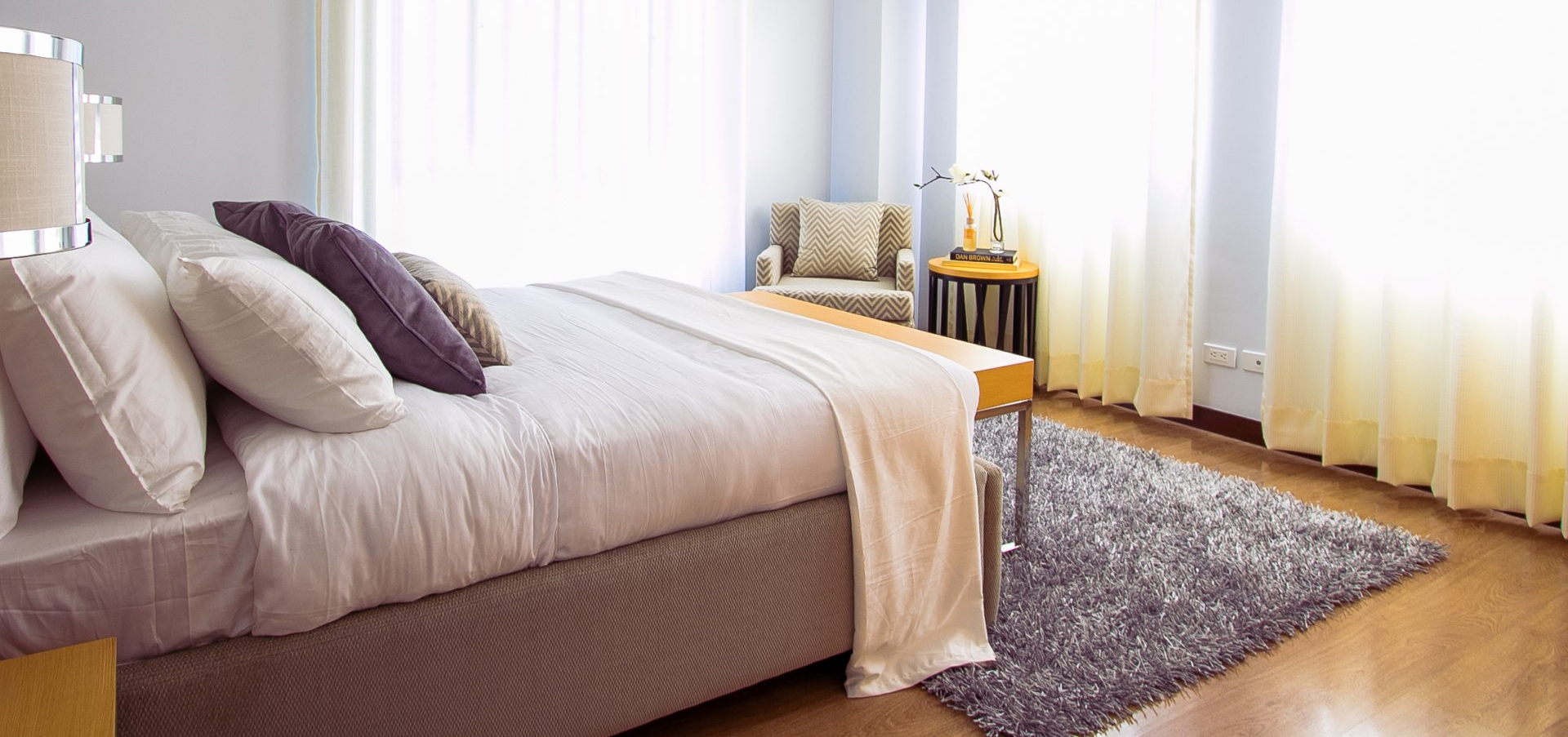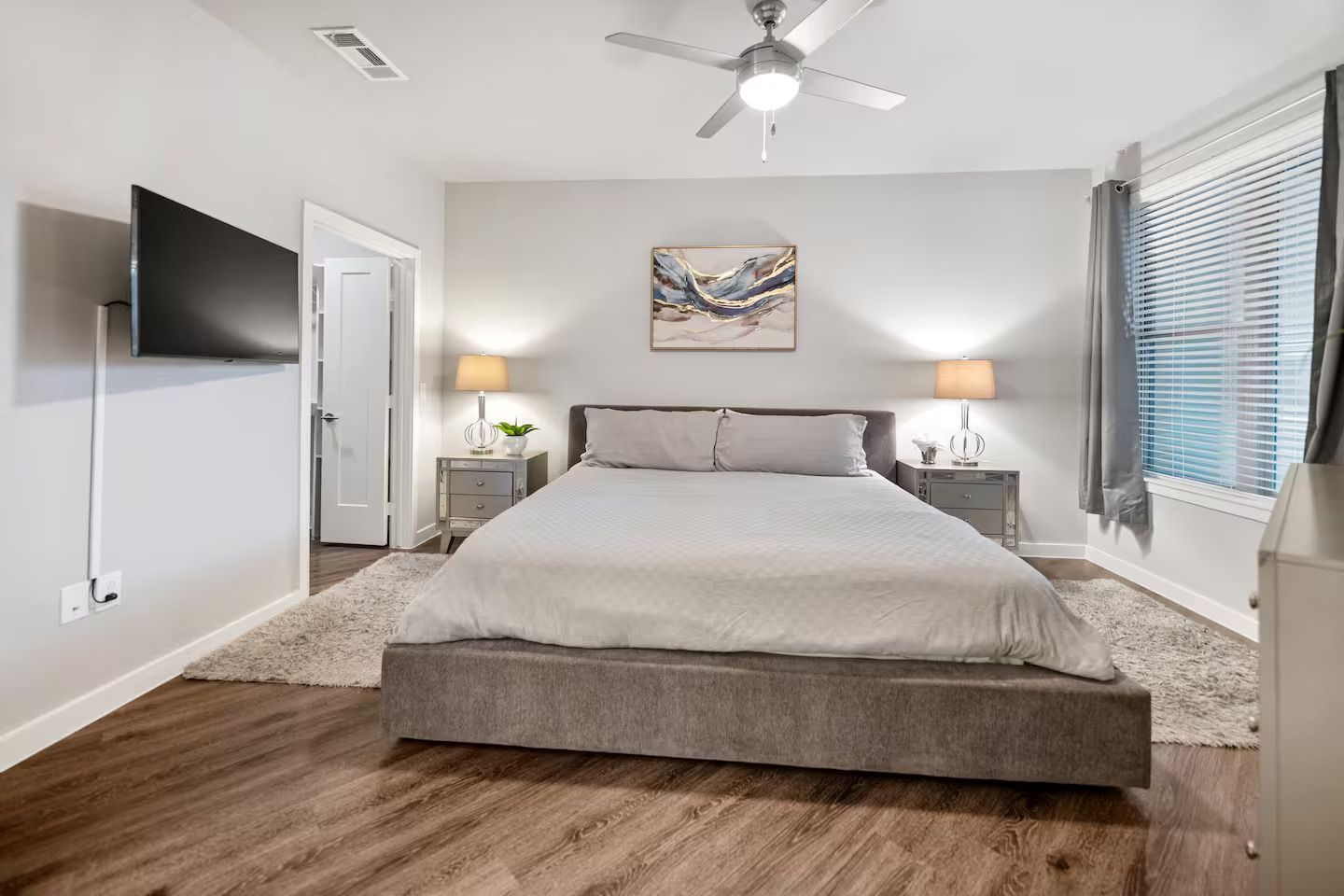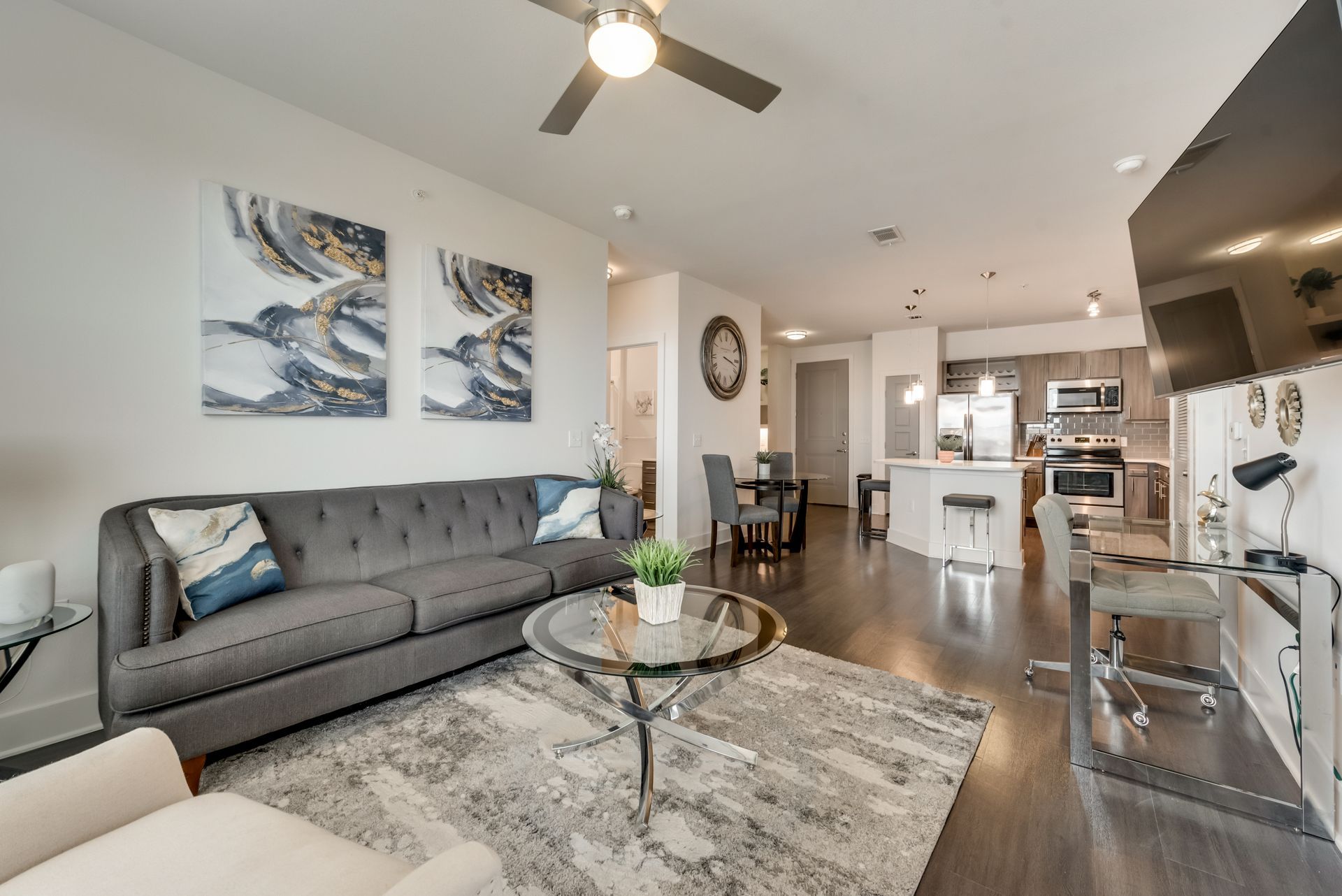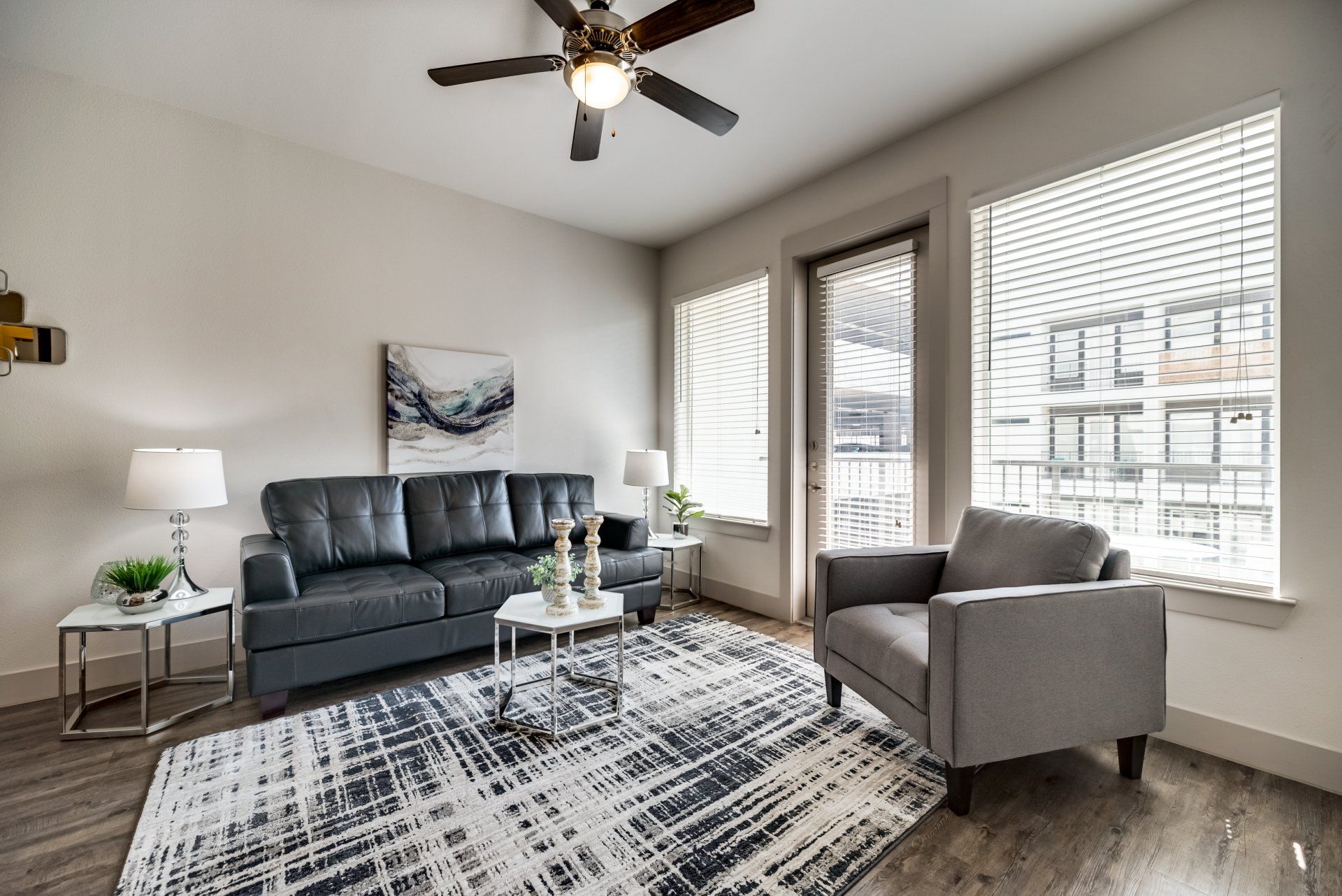The market is changing, with a preferential trend leaning towards furnished units (like Airbnbs, familial units, and corporate long/short-term housing) - and it's no surprise; the perks are better and the experience is more suited to individual needs.
In 2018, in the US, 287k short-term housing units were established with the average stay being 78 nights. About 65% of Airbnb bookings in 2017 were multi-room properties, suggesting that many travelers are looking for something of value that's much larger than what hotel rooms can offer.
Beyond more space, travelers were also seeking out better pricing and amenities than hotels offered.
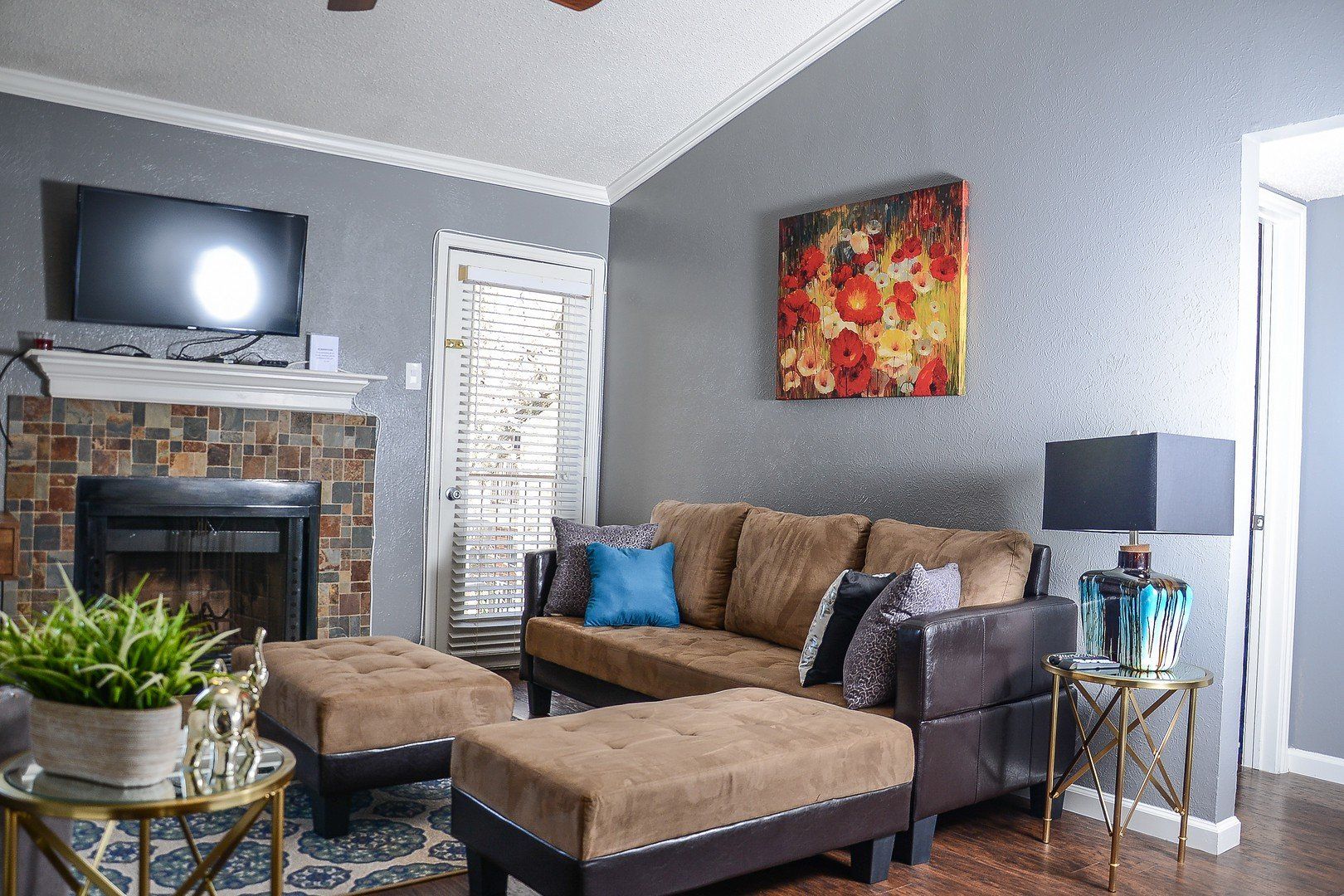
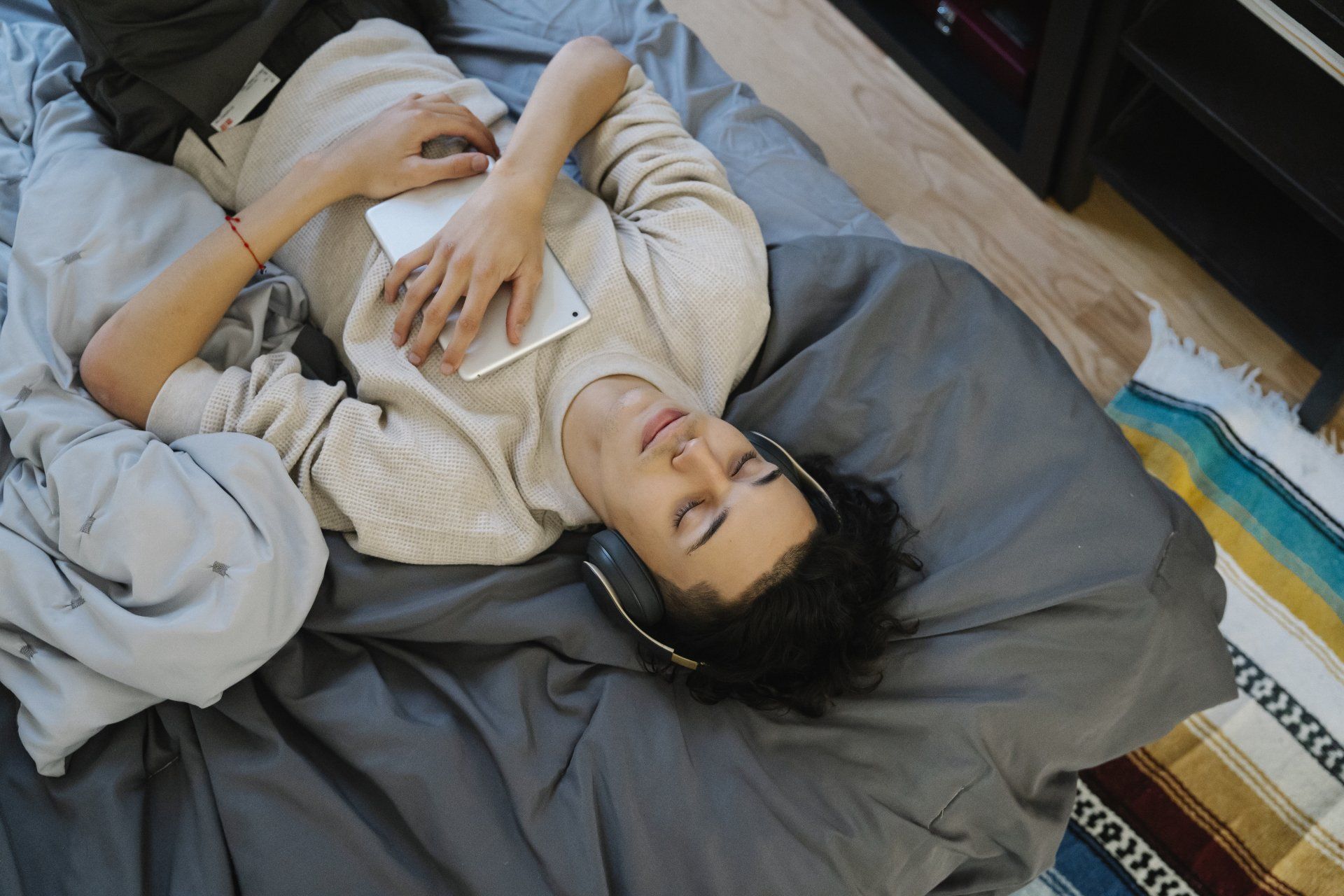
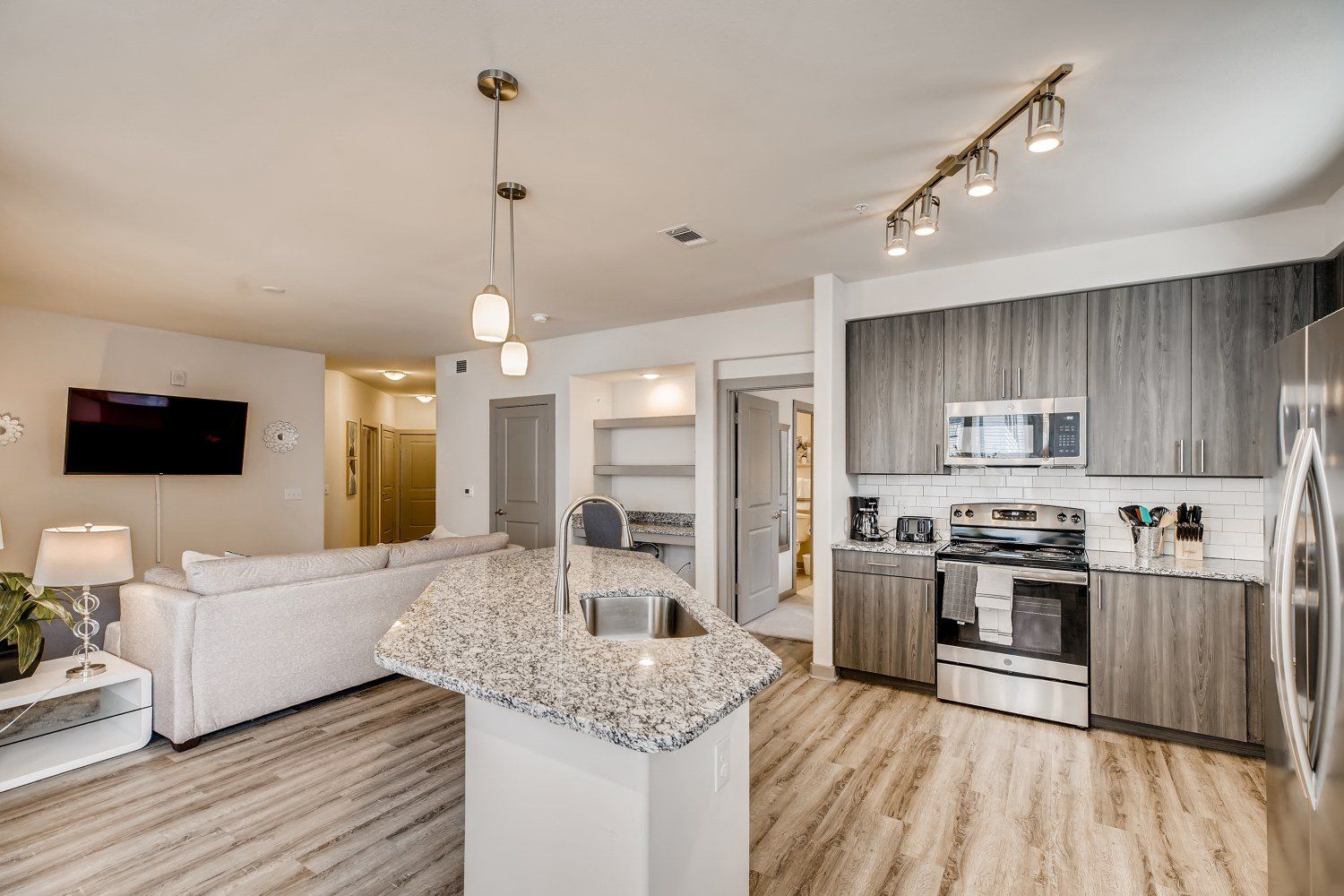
Amenities - Much like the average classy hotel room, temporary units are furnished, containing TVs, potential gyms/pools, balconies, cleaning, customer service, and security. However, furnished housing units offer many things that hotels usually don't.
Full Kitchen - Often they contain a dishwasher, BBQ/grill, fridge that's fully stocked, cooking tools, a dining room, etc.
Washer & Dryer - Often full-size units are included, free, in the unit for efficiency.
Pet-Friendly - Most furnished housing allows pets.
WiFi - Many hotels charge extra for unlimited free WiFi access, but corporate/family housing doesn't.
Privacy- Furnished temporary housing is usually more separated than hotel rooms, offering more privacy. They offer less noise through walls, fewer interruptions at the door, and less visibility on the balcony than most hotel rooms.
Accessibility/Flexibility - Temporary housing units tend to be more accommodating to longer stays than hotels. They are designed and prepared for long-term sustainability so the guests can be self-sufficient and feel at home. On-site mail delivery can even be arranged and many other variables can be tailored to the guest's needs.
Space - Corporate apartments also have spaciousness going for them. They're designed to feel like home.
They are often multi-bedroom and the rooms themselves are typically more spacious. The average hotel room is around 250 square feet, while the average furnished temp housing property is 850 square feet for the same price point. It's not unusual for a furnished unit to be 61% larger than a nice hotel room.
Large walk-in closets and spare rooms are also commonplace for very affordable temporary travel units, whereas they're quite unlikely in a hotel room.
There's no doubt about it; furnished housing is cheaper and better value than a hotel room.
Take New York for example, the average cost per night in 2015 in a hotel was $254, while it was $165 for a corporate studio apartment (in 2013). Similarly sized units are typically 30-50% cheaper than hotels.
This isn't even including all the money saved indirectly:
- Laundry (by avoiding the coin machines)
- Meals (by cooking in the kitchen)
- Internet
- Pet/childcare
- Travel (hotels are often far from bus roots, while corporate housing sits in neighboring communities with easy access to travel)
- Tax deductibles
Benefits and value of temporary furnished homes and apartments far outweigh those of stuffy hotel rooms any day. NFH (Nabro Furnished Housing) units are custom and specifically designed to provide travelers from all over the world with a comfortable living environment. Rather than dealing with a property owner/host, our units are managed by our professional staff that will ensure you are provided with the highest level of service. Enjoy our top-notch hospitality standards and around-the-clock support.
